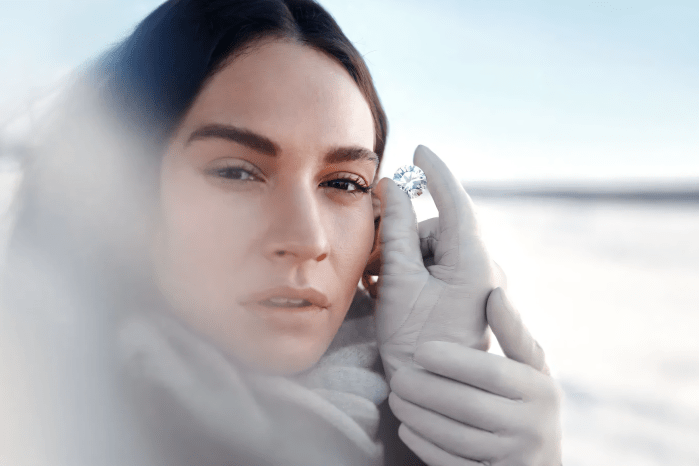Representation in the Jewelry Industry Can’t Wait
Roxanne Rajcoomar-Hadden of RRH Jewellery explains why it’s time for the global jewelry industry to make a change.
In the midst of the #BlackLivesMatter movement last summer, I felt compelled to speak—and write—about my experiences as a Black jeweler in the jewelry industry, for the first time. One of the many conclusions that I came to was that in the many years I spent trying to fit into British culture, I had dismissed my own.
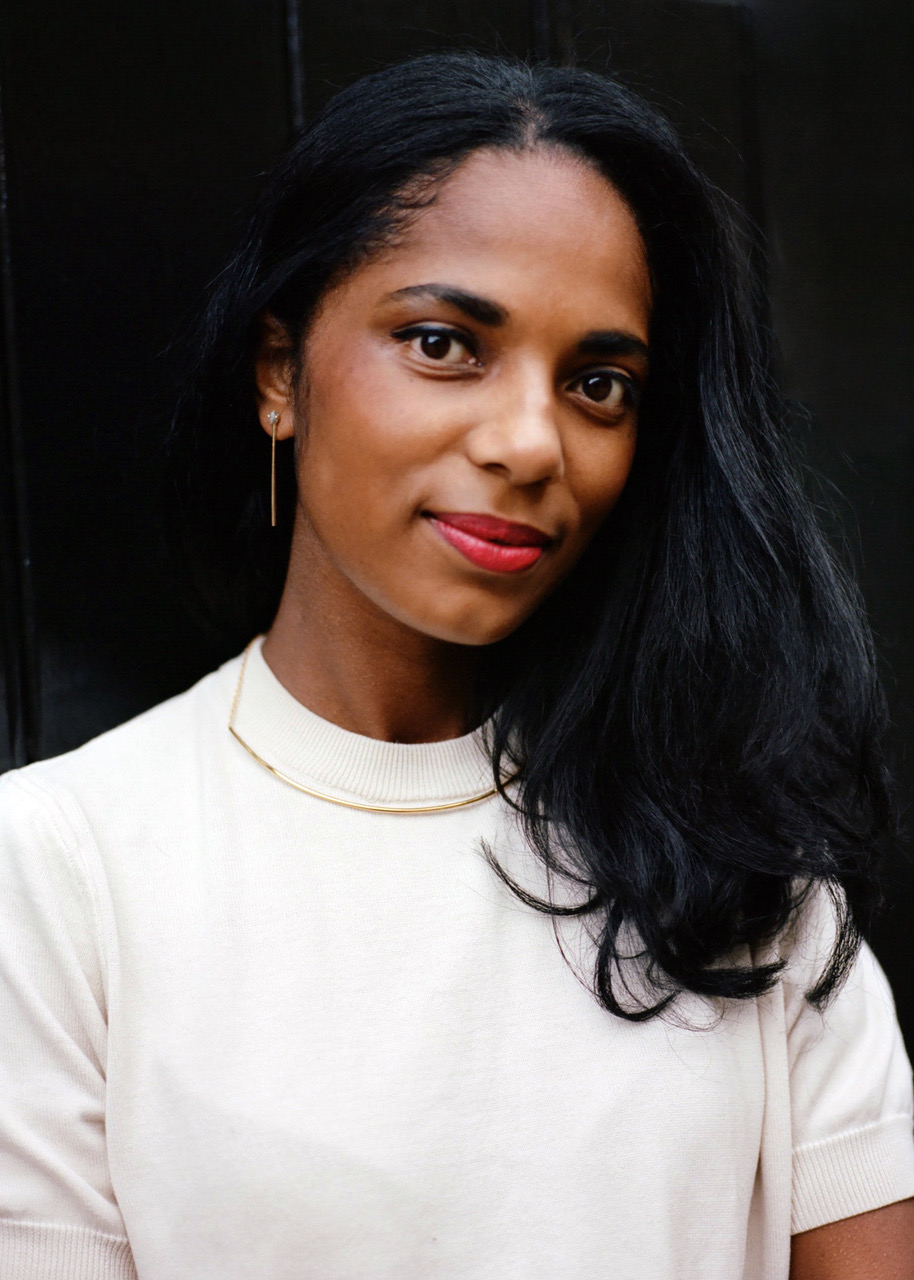
Now, I wonder how to change my pattern of thought and be prouder of my Jamaican (therefore presumably African), Guyanese and Indian ancestors who worked hard to build Britain. I had dismissed them up until now—my mid-thirties.
I am of course proud of what my immediate family achieved after coming to London during the Windrush and how they overcame the discrimination they faced. I’ve come to realize, however, that the true history of my ancestors is not well-documented. Very little positive information is chronicled about us as a race, and—as a young Black girl growing up in the new millennium—role models were few and far between, particularly in the jewelry industry.
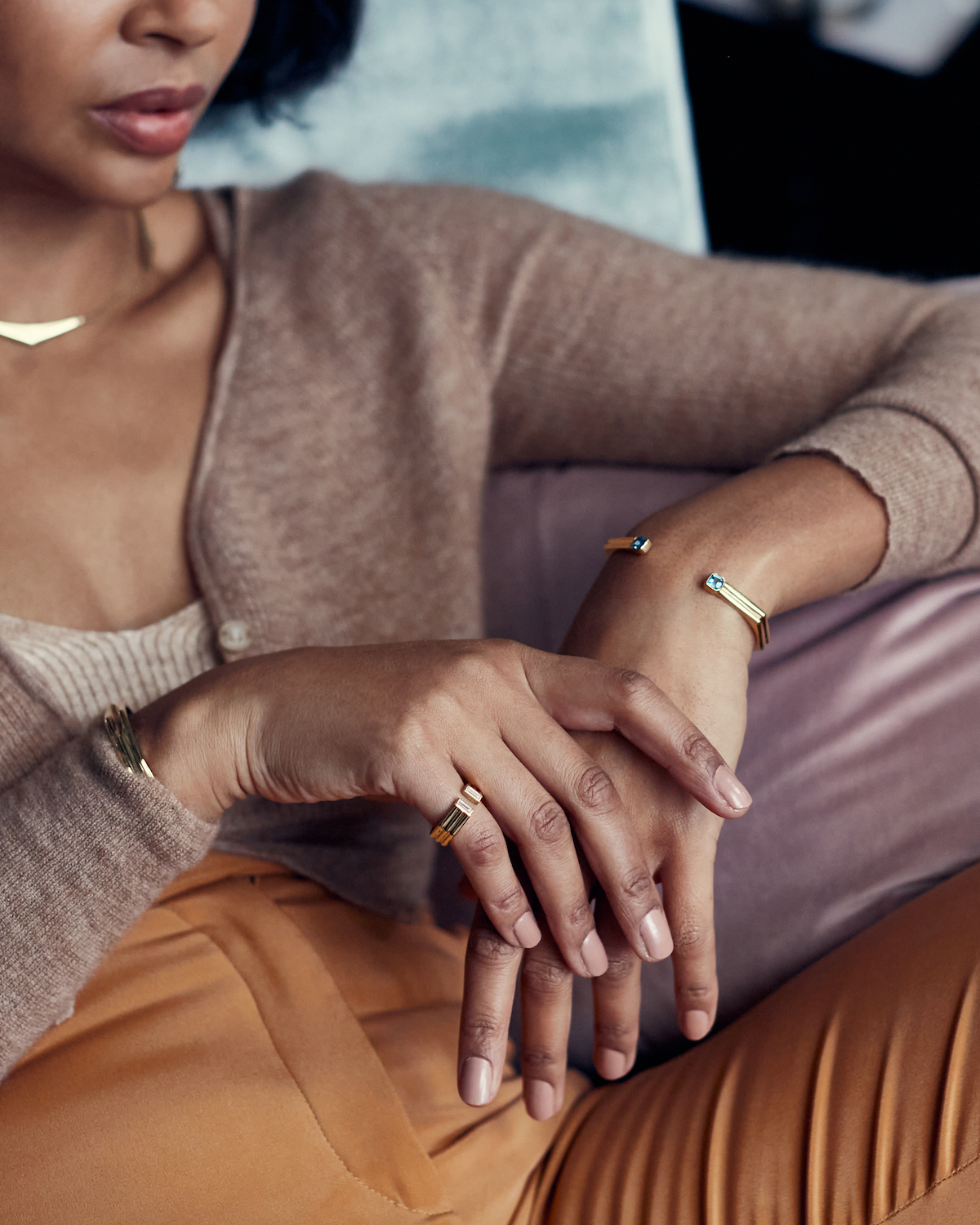
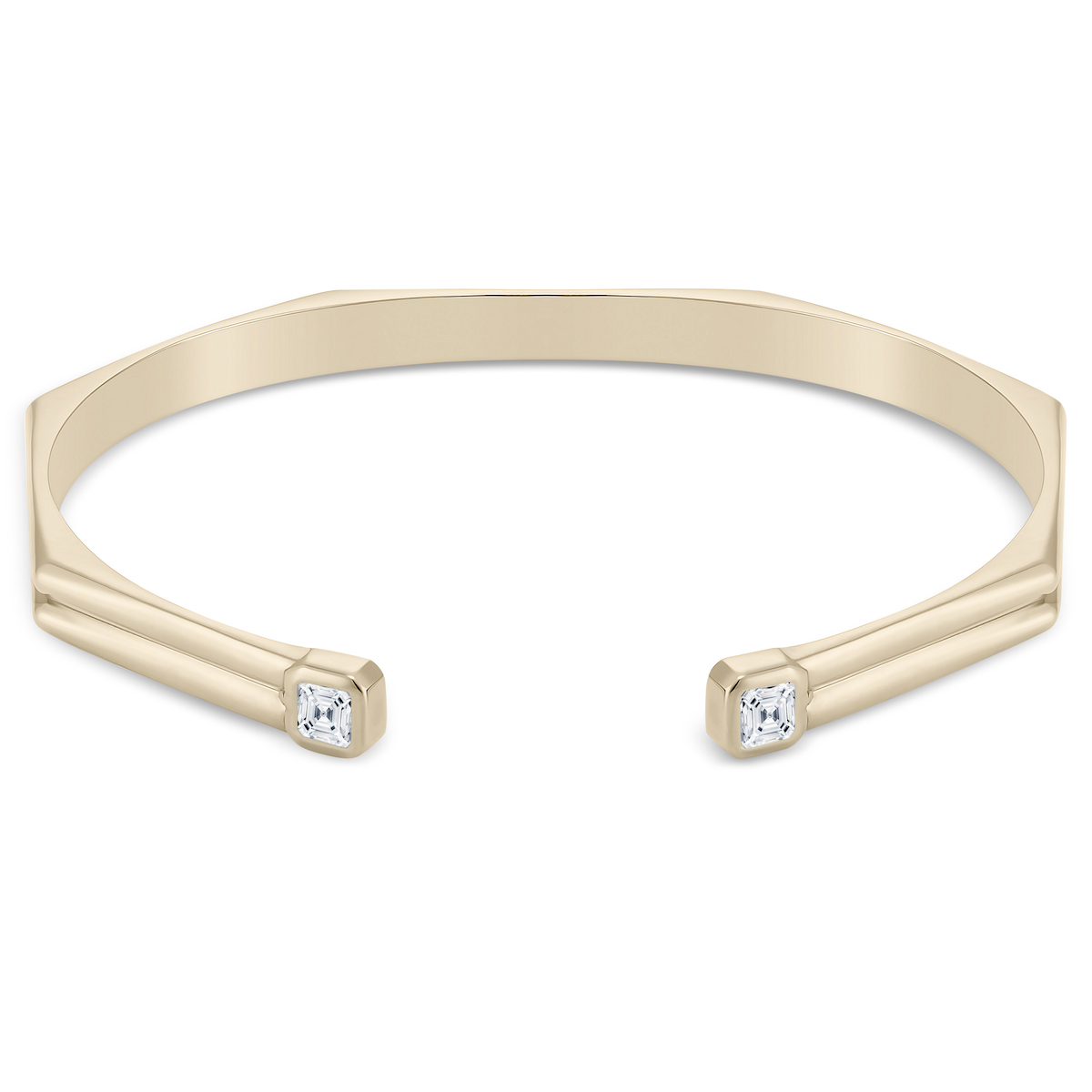
As I wrote in my article for British Vogue, Black people are seldom seen in the jewelry industry. That, in my 15-year-career, I’ve only had one Black boss is a fact that baffles me, especially when I think about how many of the mining professionals that bring the diamonds we love to life are African.
In a world trying to be more transparent, it feels strange that the people in the diamond mining countries are so seldom appreciated in our glossy magazines. That so many are still unconsciously biased when it comes to seeing an African workforce.
For example, Africans and Black people in general are not often seen working in fine jewelry retails roles. Black people are not employed across the board because, as I have been told many times, “I am not the right fit”—despite my qualifications meeting the job descriptions.
If Africans are not seen as the face of these huge brands, or given the opportunity to meet the consumer directly, how are they expected to be appreciated and valued? Additionally, this again removes the representation of Africans in the industry.
Just like Black people are essential to the jewelry industry, we have been essential in the building—and rebuilding—of Britain, too. But the more I learn, the more I realize how little I know about the history of my own ancestors in Britain. The true history.
Only recently did I learn of the wars in which Black men from across the colonies fought for Britain. So little is talked about the fact that, during WWI, many of the battlegrounds were on Kenyan soil. Nearly two million Africans were involved in the war, many recruited as soldiers, most working as porters carrying ammunition, food and supplies for both sides. Thousands of Black men gave their lives in both WW1 and WW2, but their contributions are seldom reported. The East African soldiers are not part of the first world war memorial displayed in Kenya, instead, they’re buried beyond the boundary without tomb stones—unlike their fellow European soldiers.
There are so many examples of positive Black history being dismissed, hidden or rewritten. As a race who has been dispersed all over the world due to colonization, slavery and war, this means we continue to be perceived as inferior. That these Black role models continue to be hidden for generations means that, as a young Black person growing up in Britain, you are left having to aspire to those who don’t look anything like you, left to believe in a history that is unequal, and inaccurate, and to deal with the consequences and ideologies created as a result of those omissions.
Growing up, I didn’t have the war graves to visit, like my European counterparts did, nor did I have memorials to mark my family’s achievements, or books which told the world about them. As a child, this made me feel unrooted, to say the least. As I get older, what makes me feel unrooted is the constant realization that the documented history is far from the full story.
This is why it is so important for the jewelry industry to represent Black and African people. Africans are at the core of the industry and we need to shine more light on the incredible work they do and the invaluable skills they have that make it possible for us to love diamonds in the way we do.
It’s vital we talk more openly about the wonderful work Africans do in the producer countries, and be more transparent about what those countries do for the industry as a whole. We need to see more Black faces showcasing their offerings so consumers can begin to appreciate Black and African people more, and begin to break down the negative connotations attached to us, and the perception of us as ‘other’ in the industry.
As a jeweler, I have pledged to better equip myself with knowledge about the African miners, cutters and diamond valuers. Thanks to technology, we are now able to see more of the great work they do and have more transparency within the supply chains, which means it’s never been easier to show consumers where and who their stones are coming from. My new collection, The Milestone, has been designed consciously, using Fair-Trade Gold, traceable diamonds and gemstones mined and cut by African miners.
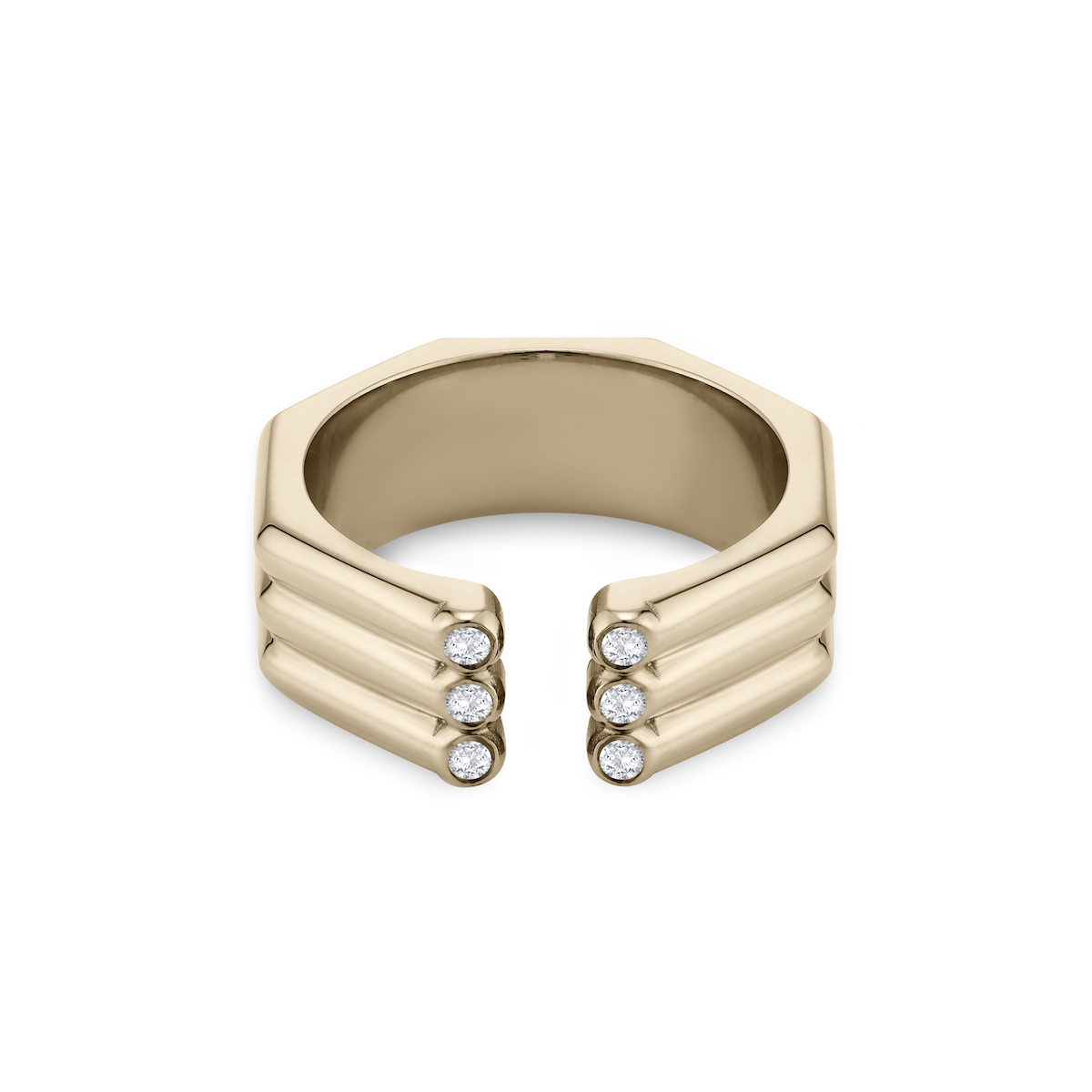
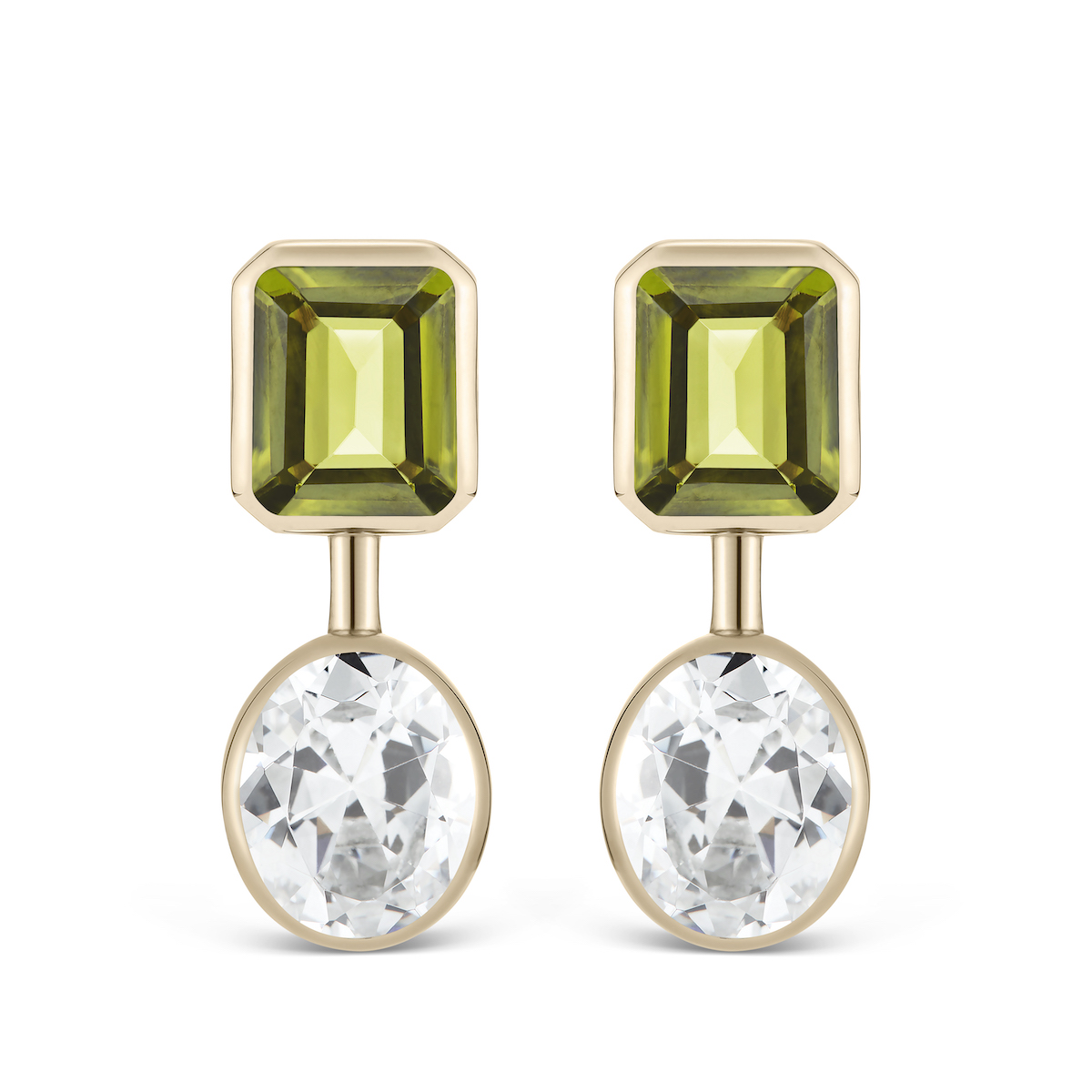
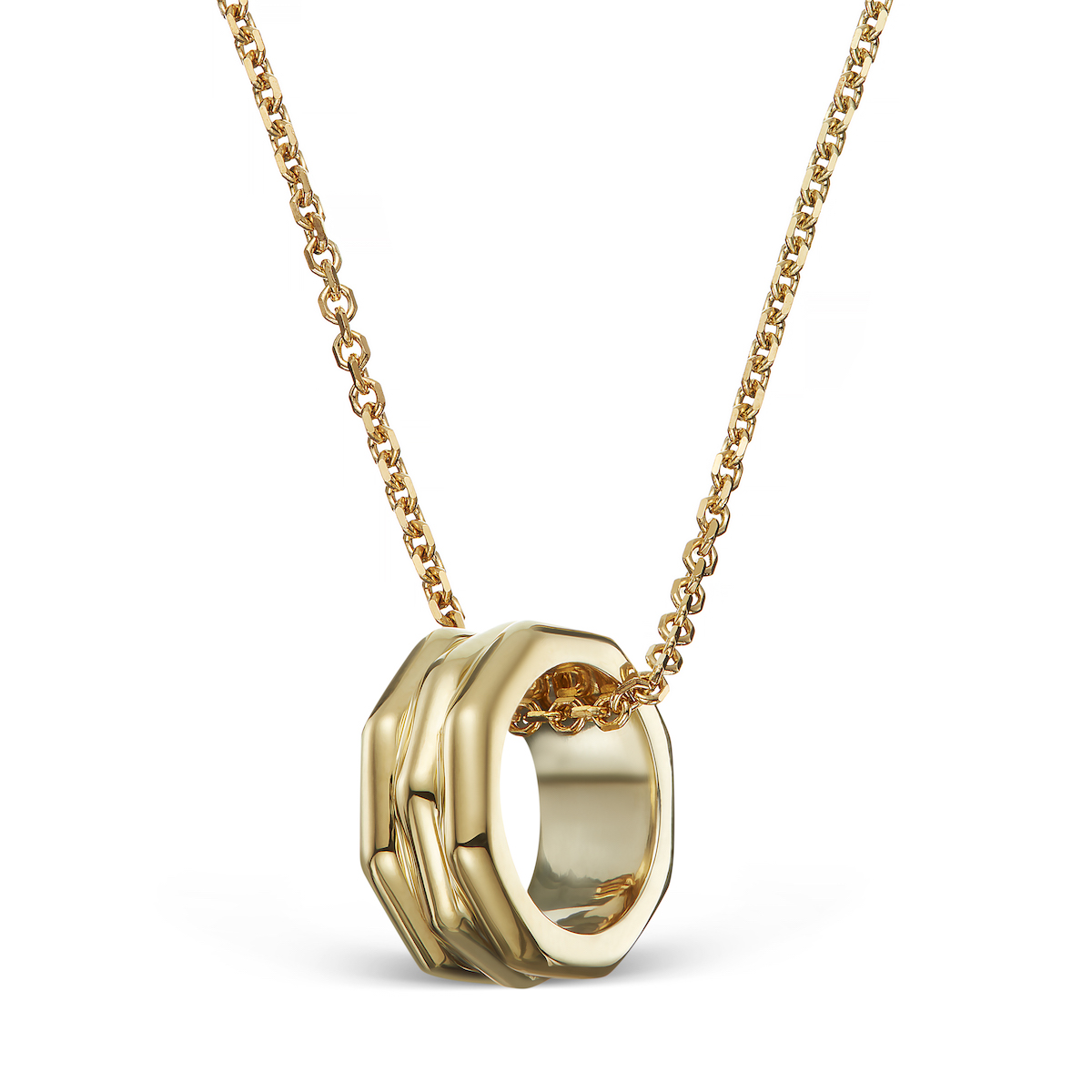
Although the great things Black people have achieved, and the role we’ve had to play in history as we know it, are not as widely documented as our non-Black counterparts, it’s important to keep changing the record and to continue injecting new stories and paths into our communities in order to begin truly seeing ourselves reflected positively in all industries, and in all areas of life. Follow my journey on toward a more Africa-centric jewelry vision on www.rrhjewellery.com.
Read more about the Emerging Designer Diamond Initiative, a program in the United States that provides opportunities, removes barriers to entry, and offers unparalleled access to industry education and resources to Black, Indigenous, People of Color (BIPOC) jewelery designers. Watch this space for exciting initiatives coming up in the United Kingdom.
